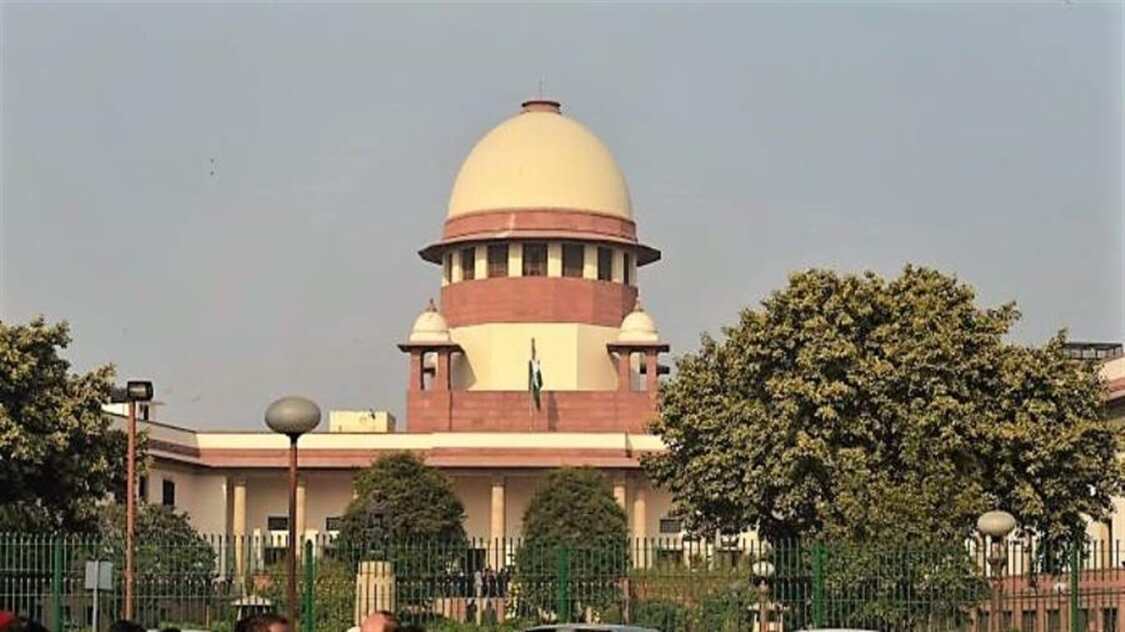Cleansing the legislatures

Apart from allowing the universal adult franchise that permits each citizen above the age of 18 to cast a vote, Indian Constitution also barely restricts any citizen from contesting elections. This vast openness has eventually become an access window for a large number of contestants with criminal charges against them. The number of such legislators in law-making bodies in India is only reported to have increased over the years. The Supreme Court has time and again raised this concern but abstained itself from passing any directions to the Parliament or the legislatures for framing a law in this regard — thanks to the separation of power doctrine. However, the Supreme Court on Tuesday held two hearings that targeted the containment of escalating criminalisation of politics. Firstly, the bench headed by Chief Justice NV Ramana — also comprising Vineet Saran and Surya Kant — issued a direction that no criminal case against MPs or MLAs can be withdrawn without an approval of the high courts. The direction was issued considering a report by amicus curiae relating to the dropping of charges against lawmakers by certain state governments. Actually, section 321 of the CrPC allows the Public Prosecutor or Assistant Public Prosecutor in charge of a case, with the consent of the court, to withdraw from the prosecution of any person either generally or in respect of any one or more of their offences. The amicus curiae highlighted several instances when the section was misused in the recent past. The Supreme Court also blamed Central agencies for delay in prosecution of MPs and MLAs in wake of the increasing number of pending cases. As per the status report filed by the High Courts in September 2020, there were 4,859 pending cases — which is on an increasing trend. In another hearing, the bench comprising Rohinton F Nariman and BR Gavai said the nation was "losing its patience" as the lawmakers continue to fail to clean up the Parliament and legislatures. Association for Democratic Reforms reported that there has been an increase of 44 per cent in the number of MPs with declared criminal cases in the 2019 Lok Sabha since 2009. For the same period, the increase in the number of MPs with declared serious criminal charges against them has been 109 per cent. The overall percentage for MPs with criminal cases in 2019 stood at 43 per cent and that for MPs with serious criminal charges stood at 29 per cent. It effectively means that nearly half our legislators have a criminal background and the ratio is increasing by the day. Perhaps this is what that has tested the limits of the Supreme Court's patience. Another disturbing trend is the stagnancy in the process of dealing with such cases. One of the reasons for this stagnancy could be lack of political will of whichever party comes to rule at the Centre. The party-wise break-up of the ADR data shows that in the 17th Lok Sabha, 116 BJP elected MPs (39 per cent of the total elected Lok Sabha BJP MPs) had declared criminal charges against them; the INC had 29 MPs (57 per cent), DMK had 10 (43 per cent), AITC had 9 (41 per cent) and JDU had 13 (81 per cent). More or less, each political party has contributed to the pool. There is a general allegation of the existence of some kind of nexus between money and muscle power and politics. These allegations need to be wiped out by political parties by coming together and addressing the concerns. Our constitution respects the rights of each citizen and allows them to contest elections. The same level of respect needs to be reciprocated towards the spirit of the Constitution, ensuring that the trust it places in its citizens is not put to wrong use. To do so the ruling party in the Centre must take on board all the political parties and chalk out a legislation that is best suited to the interest of all. Most importantly, the words of the Supreme Court need to be kept in high regard as it has come out clearer this time than ever before.



